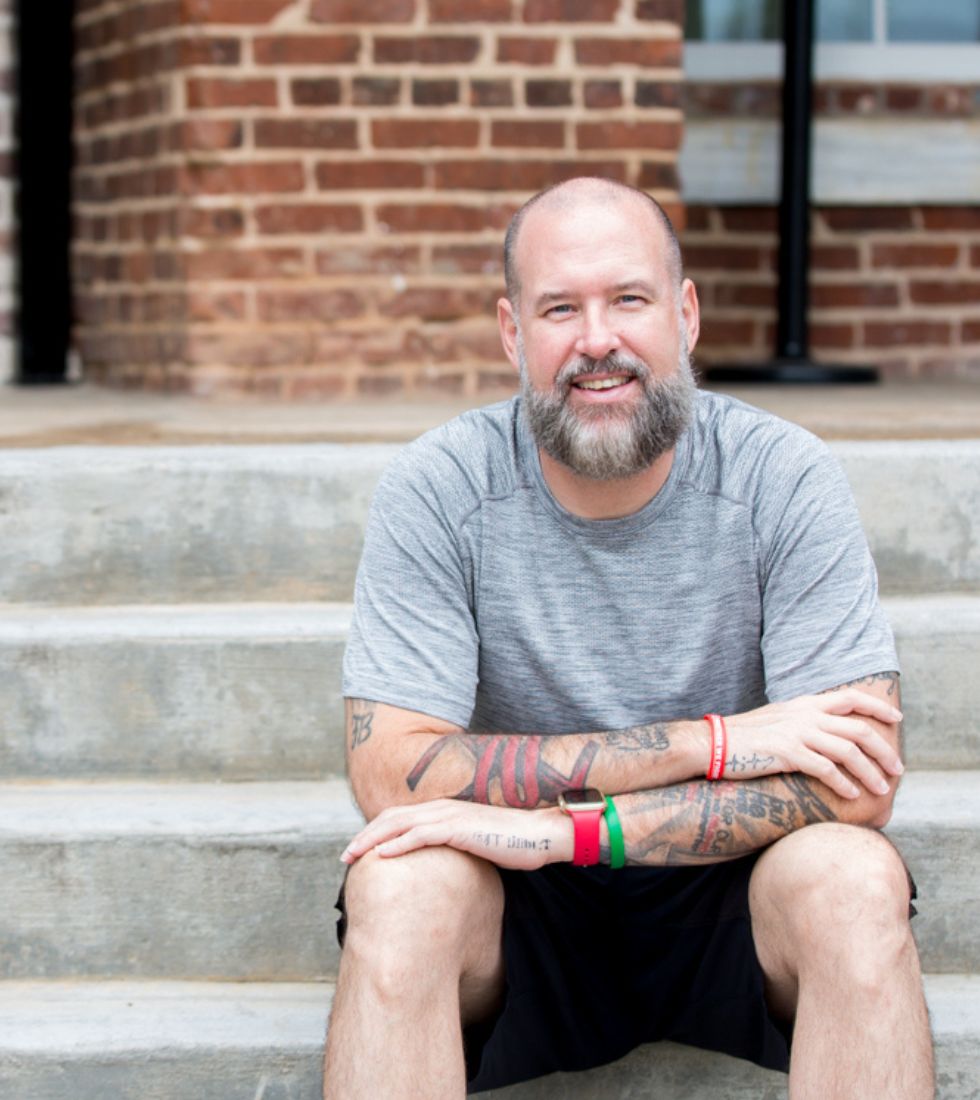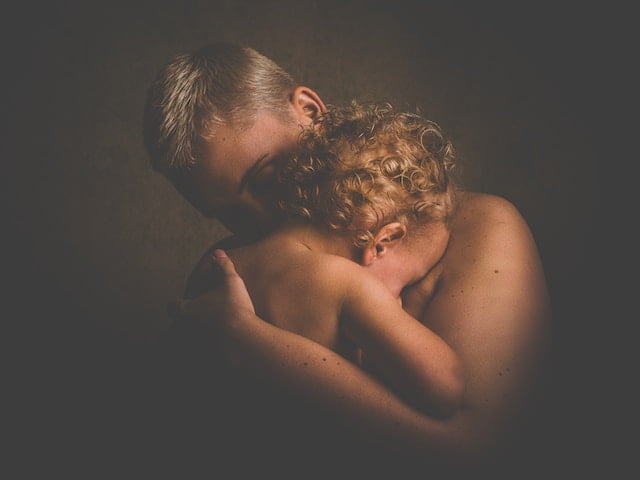Mother wounds can cast long shadows over a son’s soul, but in that shadow, there’s room for growth and healing.
Introduction
Everyone has heard the saying, “A mother’s love is irreplaceable,” right? But what happens when that love is tainted with emotional pain, otherwise known as the “mother wound”? In this article, we will delve into the profound impact of maternal emotional wounds on a son’s development and mental health. Sit tight; this is not a topic often talked about, but it’s time we did.
Understanding the Mother Wound
Defining the Mother Wound
So, what exactly is a ‘Mother Wound’? It’s like a scar, an emotional bruise passed down from mother to son. It arises from the mother’s emotional, mental, or physical absence, or from a mother who was present but unable to provide the nurturing and validation a child requires.
Origins of the Mother Wound
Like a seed in the garden, the mother wound takes root in the soil of a dysfunctional parent-child relationship. Perhaps the mother was emotionally distant, overly critical, or had unmet emotional needs herself. This wound is often passed down through generations, like a painful heirloom.
Psychological Implications
Self-Esteem and Self-Worth
Have you ever built a castle on a shaky foundation? That’s what it’s like developing self-esteem with a mother wound. Boys who experience these wounds often have low self-esteem, feeling unworthy of love and acceptance.
Emotional Intelligence
If emotions are a language, children with mother wounds are often left without a dictionary. Emotional intelligence – the ability to understand, express, and manage emotions – can suffer significantly.
The Influence on Relationship Formation
Difficulty in Forming Intimate Relationships
It’s like trying to navigate a maze in the dark. Forming intimate relationships can be challenging for boys with mother wounds, as they may struggle to open up emotionally and trust their partners.
Trust Issues
The first trust a boy develops is usually with his mother. If this bond is damaged, faith can become a foreign concept, creating hurdles in establishing future relationships.
Cognitive and Behavioral Effects
Cognitive Development
Growing up with a mother wound can also influence cognitive development. Boys may have difficulties focusing, problem-solving, or with their memory – like trying to solve a puzzle with missing pieces.
Behavioral Issues
A boy with a mother wound may become the ‘class clown’ or the quiet kid in the corner. Behavioral problems like hyperactivity, aggression, or withdrawal may be coping strategies for their emotional pain.
The Impact on Mental Health
Anxiety and Depression
The shadows of a mother wound can often conceal anxiety and depression. The chronic feeling of being ‘not good enough’ can result in chronic stress and mental health issues.
Substance Abuse
Some sons may seek solace in substance abuse, much like looking for a band-aid for a wound that requires stitches. Substance use can be an attempt to numb the pain associated with these deep-seated emotional wounds.
Healing the Mother Wound
Acknowledging the Wound
The first step in healing is acknowledging the wound, much like recognizing you’re lost before you can find your way.
Therapy and Professional Help
Professional guidance, like a compass in the healing journey, can help navigate the emotional terrain. Therapies such as cognitive-behavioral Therapy (CBT), eye movement desensitization and reprocessing (EMDR), and psychotherapy can be particularly beneficial.
Somatic Therapy, NLP, and MCBT
In the healing journey of a son who has a mother wound, various therapeutic techniques can play pivotal roles. These include Somatic Therapy, Neuro-Linguistic Programming (NLP), and Mindfulness-based Cognitive Therapy (MCBT).
Somatic Therapy is an approach that focuses on the mind-body connection. It helps individuals release pent-up tension, negatively impacting their physical and emotional well-being. For those dealing with a mother wound, it can aid in releasing the stored pain, resulting in improved self-awareness and a restored sense of control over one’s body.
Neuro-Linguistic Programming (NLP) involves using guided visualizations and specific language patterns to initiate positive change in the individual. It can be particularly beneficial for sons with a mother wound by helping them reshape their self-image and changing their internal dialogue from self-deprecation to self-appreciation.
Mindfulness-based Cognitive Therapy (MCBT) is a modified form of cognitive Therapy that incorporates mindfulness practices such as meditation and breathing exercises. MCBT can help a son with a mother wound by teaching him to focus on the present moment rather than dwelling on past pains or worrying about future anxieties. By fostering mindfulness, MCBT helps individuals respond to distressing thoughts and feelings with greater self-awareness and understanding.
Integrating these therapeutic methods into the healing process can significantly aid a son with a mother wound, facilitating holistic healing and paving the way for a brighter, healthier future.
Building Healthy Relationships
Building healthy relationships can be like bridging a chasm of pain. Relationships based on mutual respect, understanding, and emotional openness can foster healing.
Self-Care and Personal Growth
Lastly, it’s about nurturing the self. This can involve self-care activities, establishing boundaries, and pursuing personal growth to rebuild a positive sense of self.
Conclusion
Mother wounds can profoundly impact a son’s life, affecting his psychological well-being, relationships, cognitive development, and mental health. But, like a phoenix rising from the ashes, healing is possible, and wounds can give way to wisdom. The road to healing may be long and arduous, but each step brings us closer to the dawn of self-understanding and growth.
FAQs
- What is the ‘mother wound’? The ‘mother wound’ is emotional pain stemming from a mother’s inability to provide the emotional support and validation her son requires during his formative years.
- How does the mother wound affect a son’s psychological well-being? A mother wound can significantly impact a son’s self-esteem, emotional intelligence, and overall psychological well-being.
- Can a mother wound lead to mental health issues? Yes, Unresolved mother wounds can lead to mental health problems, including anxiety, depression, and a higher risk of substance abuse.
- What are the potential behavioral effects of a mother wound? Boys with mother wounds may exhibit behavioral problems such as hyperactivity, aggression, withdrawal, or struggle with cognitive tasks.
- How can a mother wound be healed? Healing from a mother wound involves acknowledging the pain, seeking professional help, cultivating healthy relationships, and focusing on self-care and personal growth.
Other Resources
- “The Effects of Childhood Abuse and the Process of Recovery” by Leonore E. Walker, published in the American Psychologist Journal – This research article delves into the effects of various types of childhood abuse, including emotional, on victims’ later lives. Access Here
- “Long-term effects of child abuse and neglect on emotion processing in adulthood” published in Child Abuse & Neglect Journal – A comprehensive study on how child abuse and neglect affect emotion processing in adulthood. Access Here
- “The Influence of early interpersonal experiences on adult romantic relationship functioning” by Karina W. Davidson, published in the Journal of Personality and Social Psychology – A research paper detailing the influence of early interpersonal experiences (which could include mother wounds) on adult romantic relationships. Access Here
- “The Relation of Child Maltreatment to Shame and Guilt Among Adolescents: Psychological Routes to Depression and Delinquency” by Bennett Leventhal, published in Child Maltreatment Journal – This study explores the connection between child maltreatment (including emotional wounds) and feelings of shame and guilt among adolescents. Access Here
- “Unresolved Trauma in Mothers: Intergenerational Effects and the Role of Reorganization” by Alicia F. Lieberman, published in Frontiers in Psychology, discusses the intergenerational effects of unresolved trauma in mothers. Access Here

Somatic coach (therapist) in Canton, GA, and Worldwide Life Coach dedicated to inspiring and assisting people worldwide through candid conversations about anxiety. Having personally battled general anxiety, panic disorder, and OCD, I understand the daily challenges those grappling with anxiety face. My journey involved searching for the right therapist, medication, and natural supplements and undergoing various tests. It was only after deciding to reclaim my life that I finally overcame anxiety’s hold. I’m passionate about helping others conquer their struggles and discover their life purpose.

